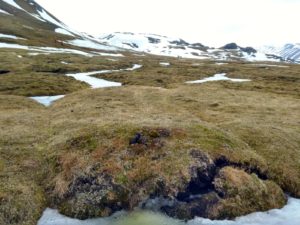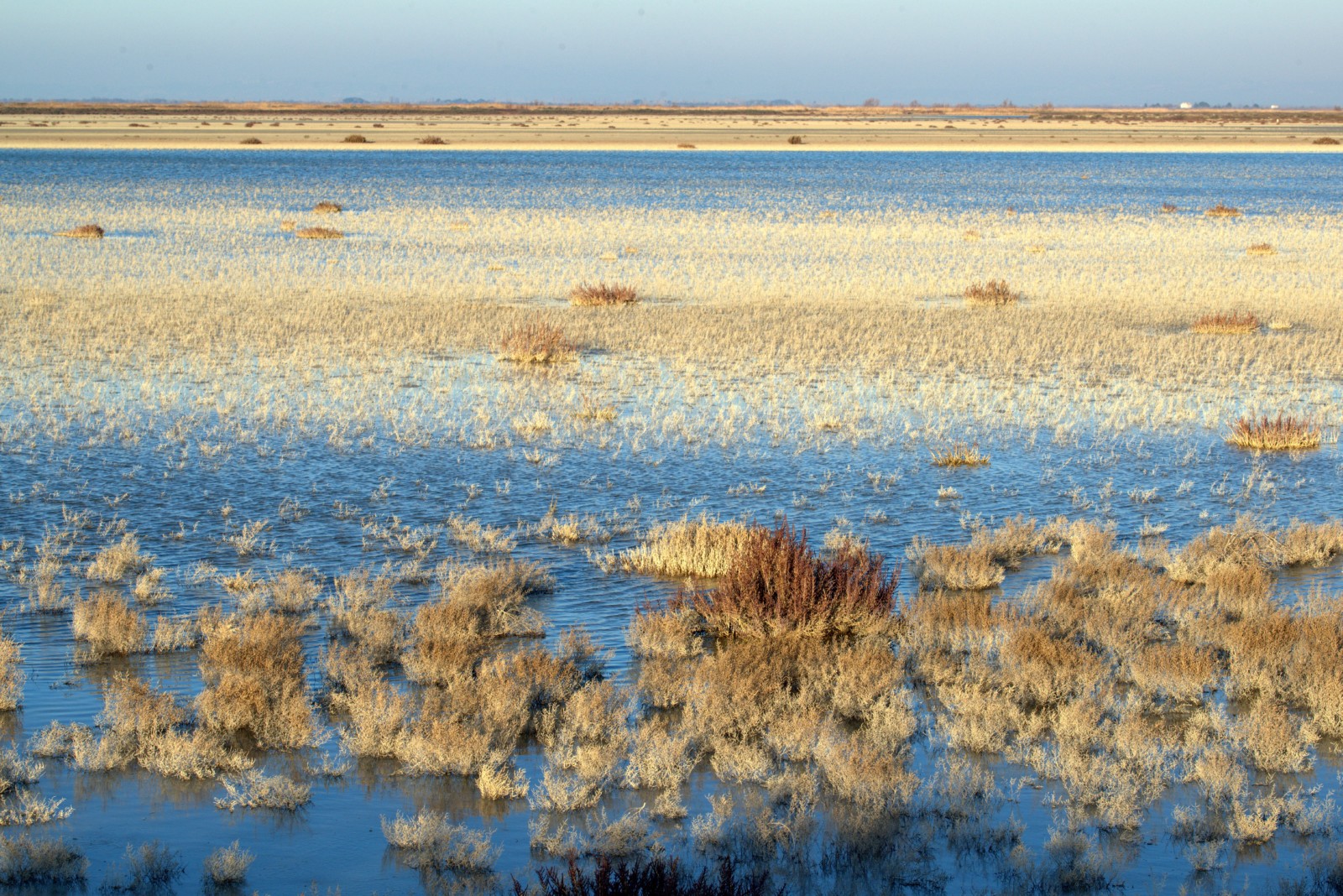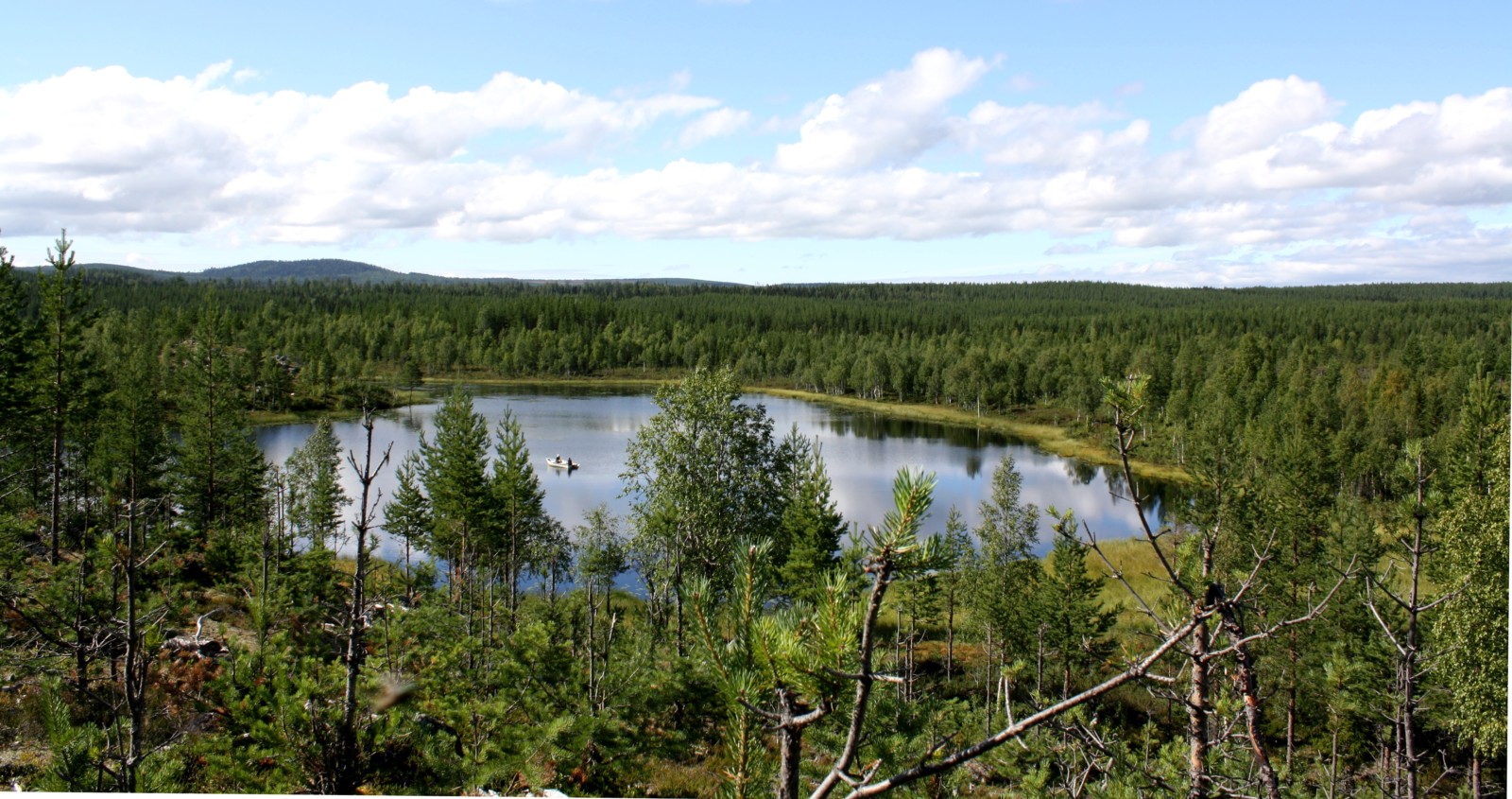
With the vEGU21 abstract submission deadline so close now, consider submitting to one of the sessions of BG3 – Terrestrial Biogeosciences:
BG3 of the upcoming vEGU21 includes a wide range of soil-focused sessions, from Soils and Global Change (Co-organized by BG3.26/SSS12, co-convened by Abad Chabbi and Cornelia Rumpel) – with a focus on biogeochemical cycles, soil processes and feedback mechanisms invites contributions of experimental work, modelling and long term observations of soils in contrasting climatic regions, soil carbon and its response to warming – to Peatlands under pressure (BG3.24, co-convened by Annalea Lohila, Gareth Clay, Maxim Dorodnikov and Frans-Jan W. Parmentier), which will focus on observed or predicted changes caused by climate change, nutrient loading or land-use on the biogeochemistry of peatlands and invites experimental and modelling contributions of high- and low latitude peatlands.
From soils to forest ecosystems, consider these BG3 sessions for your abstract: Natural disturbance, forest management, and ecosystem functioning (Co-organized by BG3.11/CL3.2/SSS9, co-convened by Mathias Mayer, Frank Hagedorn, Nadine Ruehr, Lars Vesterdal, Olga Vindušková) focuses on how forest management shapes forest susceptibility to natural disturbances, and how management can alleviate post-disturbance effects on ecosystem functioning. This session invites contributions from tree and soil processes at the microscale to landscape-level dynamics, pre- and post-disturbance management practices.
Tree mortality is the focus of Forests under pressure: causes and consequences of climate-induced forest dieback across biomes (BG3.10, co-convened by Francesco Ripullone, Giovanna Battipaglia, Jesus Julio Camarero, Veronica De Micco and Angelo Rita) and Towards an coherent assessment of forest dynamics: Detecting, attributing and modelling of tree mortality (co-organized BG3.16, by the IUFRO Task Force on Monitoring Global Tree Mortality and the International Tree Mortality Network, co-convened by Nadine Ruehr, Adriane Esquivel-Muelbert, Henrik Hartmann, Thomas Pugh and Cornelius Senf). While the first session (BG3.10) invites contributions focused on forest vulnerability and dieback under current and future climate change scenarios, forest structure and tree species composition, spanning various scales (cells to plant communities, ecosystems and global approaches), temporal approaches (tree-ring series to xylogenesis and long-term forecasting) and interdisciplinary frameworks (microscopy and individual plant physiology to remote sensing) as well as forest management to improve resilience, the second session (BG3.16) invites contributions that use ground-based and remote sensing data to assess the state of our forests to discuss monitoring methods and modelling of tree mortality at various scales.
Blogpost written by Alexandra Rodler



